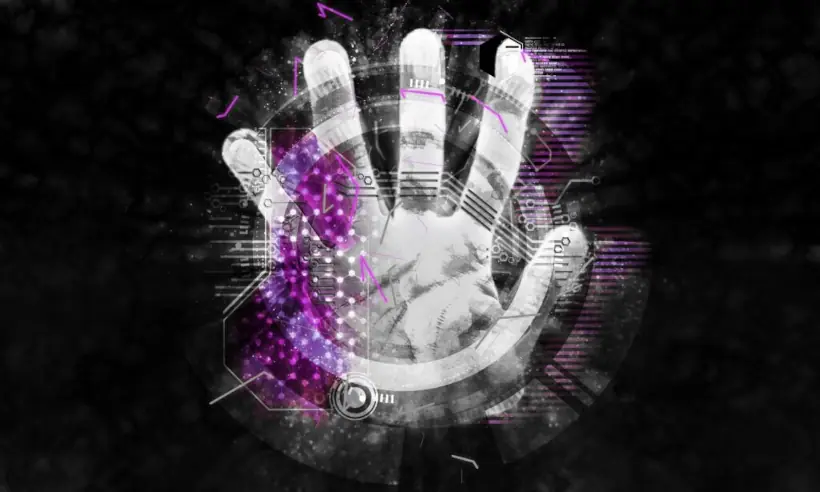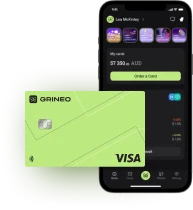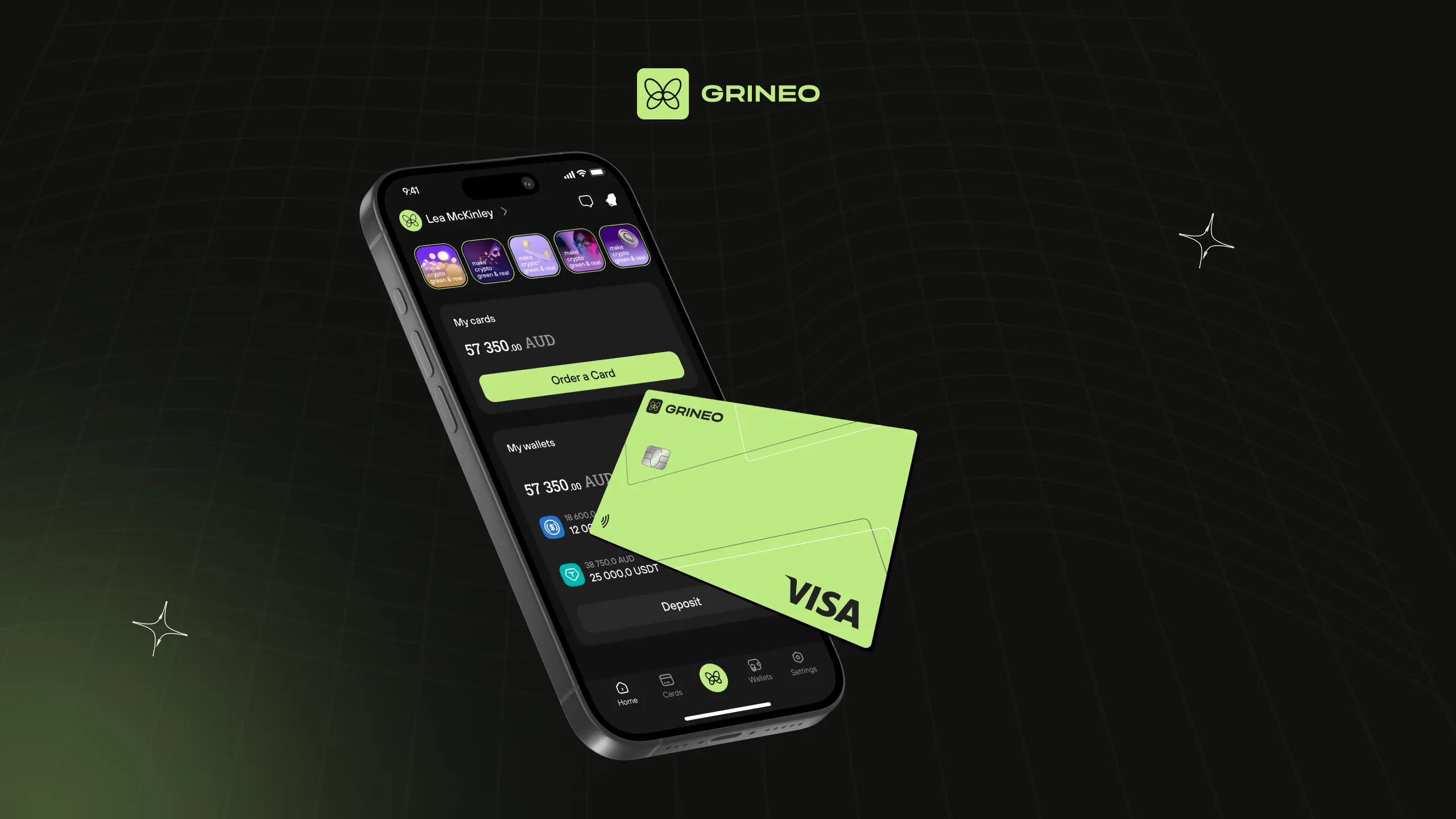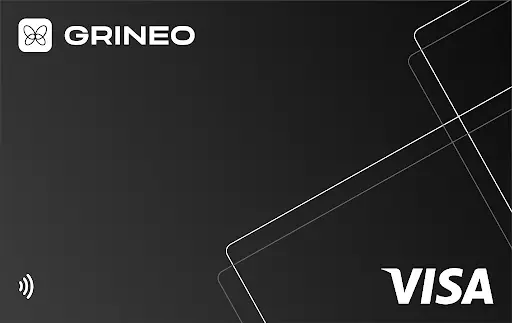What is a Passkey and How Can Passkeys Protect Your Crypto?

Few industries rely on cryptography and operational security as much as the cryptocurrency industry. Crypto exchanges and individual users alike are high-value targets for bad actors online, and in October 2023 alone, $775 million was lost in 32 separate attacks.
Of course, such losses can be avoided by improving security processes. Crypto is a nascent industry and many companies have been slow to adopt cutting-edge security measures to protect user funds.
This article will explain the benefits of Passkey security and how Grineo uses it to secure funds, while also having all funds insured.
What Are Passkeys?

Passkeys allow you to create and sign into accounts for online services with no password needed. This can seriously offset the risk of the kind of phishing attacks that most crypto users who lose their funds fall prey to.
So how do passkeys work?
Passkeys are supported by FIDO2 and WebAuthentication (WebAuthn) technology. A passkey is a WebAuthn credential that can be used to verify a user’s identity without a password. Every passkey consists of a public key and a private key, with each key consisting of a string of numbers and characters.
So, a passkey is a combination of two cryptographic keys which, when combined, prove the identity of a user. This is the same principle that underlies a Bitcoin wallet, which is represented by a public key, the address that receives funds, and a private key, the string of numbers and characters that the user needs to produce in order to access funds.
Passkeys Explained Simply
To summarize this in a simple manner, a passkey serves the same purpose as a password but with two combined strings of information rather than a password.
However, more crucially, these passkeys can be used on multiple websites without those websites needing access to a user password. So, for example, on Grineo, when you sign into your account, you’re not providing the Grineo server with a password that could later be stolen in a server breach. Your personal data is much more secure when using passkeys compared to passwords.
How to Use a Passkey

More and more companies are integrating passkey technology into their account registration process. Users can store the private key for their passkey on a password manager, and the public key is stored on the website you’re registering with or logging into. Password managers typically use biometrics, PIN numbers, or a master password for access.
Websites use cryptography to verify that the two halves of a passkey match.
On the user end, much of this is behind the scenes. In fact, on Grineo, the process for signing in is as simple as making an account on the app and setting a PIN number. The app uses passkey technology to verify identity, but the user is never required to send potentially compromising information such as passwords to Grineo in order to use the app, log in, make transactions, or avail of any other services on Grineo.
The Future for Passkeys

We, as a society, are in the early stages of using passkeys. It’s possible that passkey technology will replace commonly used security measures like passwords, of course, but also two-factor authentication or authenticator apps. The technology has not been implemented largely because cryptography requires a lot of computing power, and early electronic devices simply were not powerful enough to handle it. However, this is no longer an issue, and passkeys are becoming increasingly popular.
You can store many passkeys for different purposes on the same device, and unlike passwords, passkeys cannot be stolen, making this technology extremely useful and exciting to many people around the world who store funds or private data online.
Because modern phones use biometrics like face or fingerprint scans to unlock, but are not designed to upload this data to the cloud, biometric scanning is the perfect way to sign a passkey and access an online account without risking a phishing attack or data breach compromising your account.









